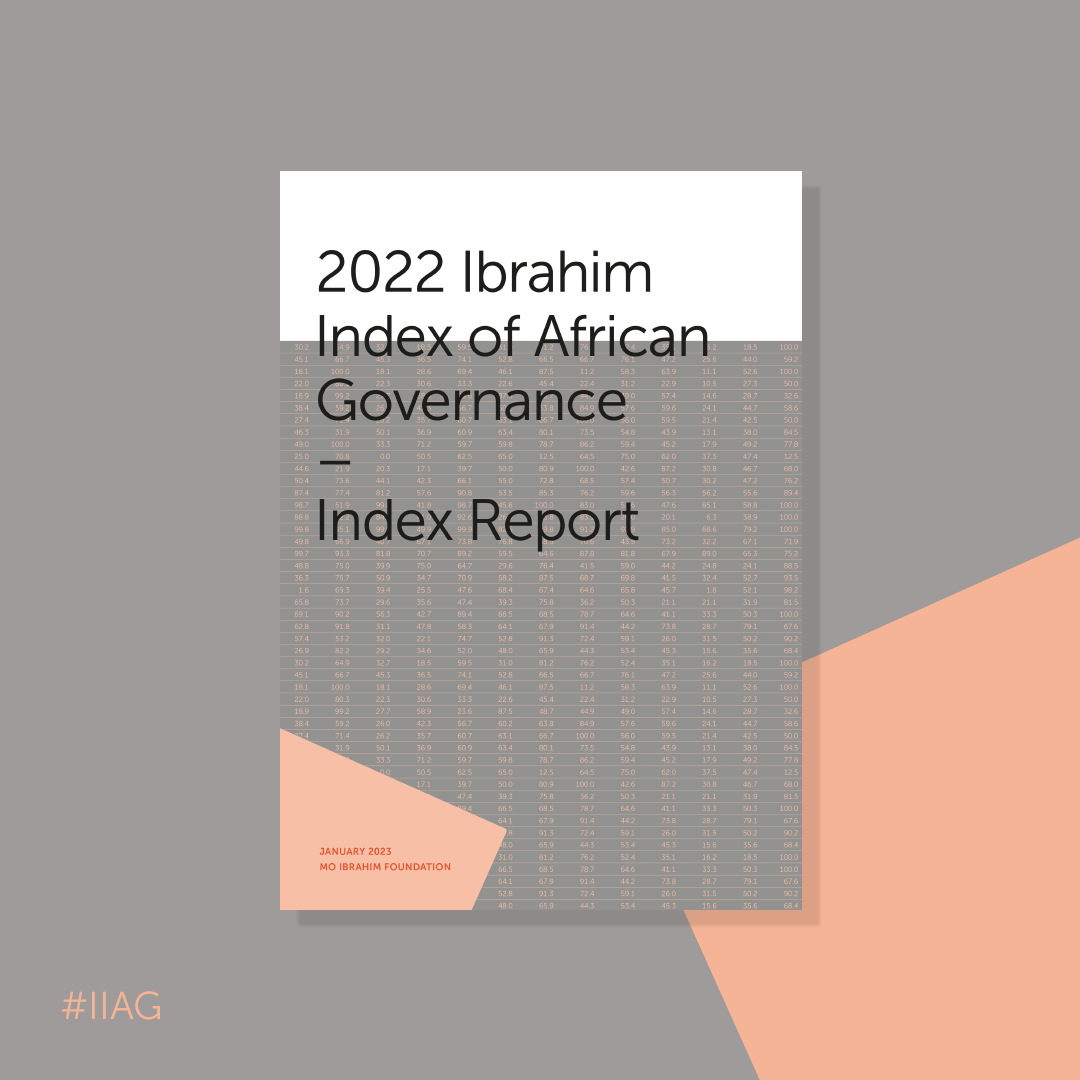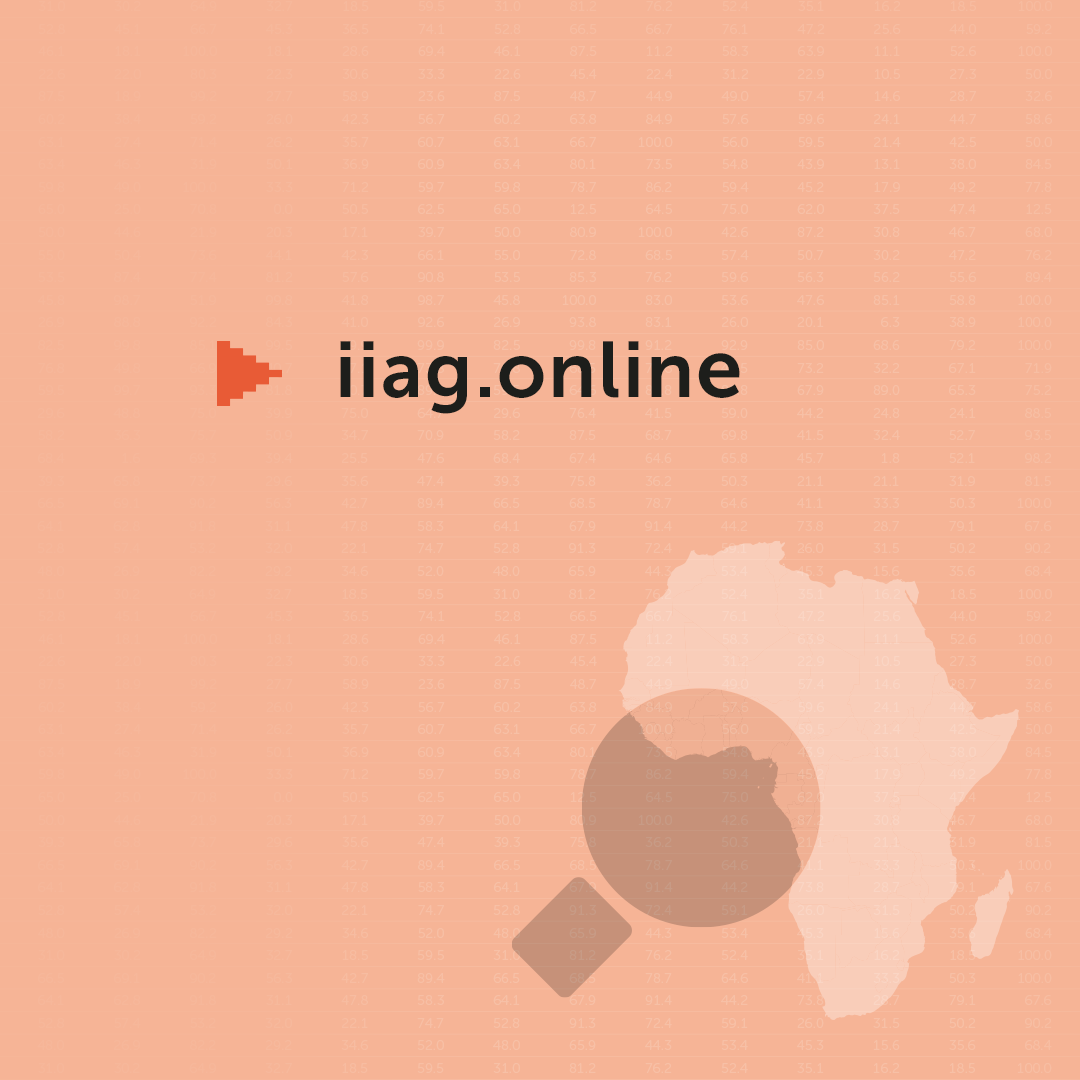The last decade (2012-2021) of governance progress is at risk
Overall Governance in Africa has flatlined since 2019
Africa’s Overall Governance score has flatlined since 2019, and in 2021 much of Africa is less safe, secure and democratic than in 2012. The continent’s progress has been affected by concerning deteriorations in both Security & Rule of Law and Participation, Rights & Inclusion, with the pace of decline accelerating since 2017.
Meanwhile, both Foundations for Economic Opportunity and Human Development have improved since 2012. However, for most African countries huge challenges remain in areas such as employment, as well as transport and energy infrastructure.
Over the last three years (2019-2021), COVID-19 has exacerbated concerning pre-existing trends. The pandemic impact has only accelerated the deterioration in both Security & Rule of Law and Participation, Rights & Inclusion, as well as laid bare the weaknesses of Africa’s health and education systems.
Without sustained action to reverse these trends, Africa’s ability to achieve the global SDGs and the longer-term African Union’s (AU) Agenda 2063 is gravely curtailed. The continent’s worsening security situation and democratic backsliding are all the more concerning given the combined impacts of global, non-African born challenges such as the COVID-19 pandemic and the climate crisis. This is now exacerbated by the ongoing Russia-Ukraine war, and its particularly harsh indirect impact on Africa.
Data gaps remain a key concern. Without sound data, governments drive blind and there can be no sustained governance improvement nor effective policymaking. The Mo Ibrahim Foundation (MIF) remains at the forefront of supporting initiatives to strengthen the continent’s data landscape.


